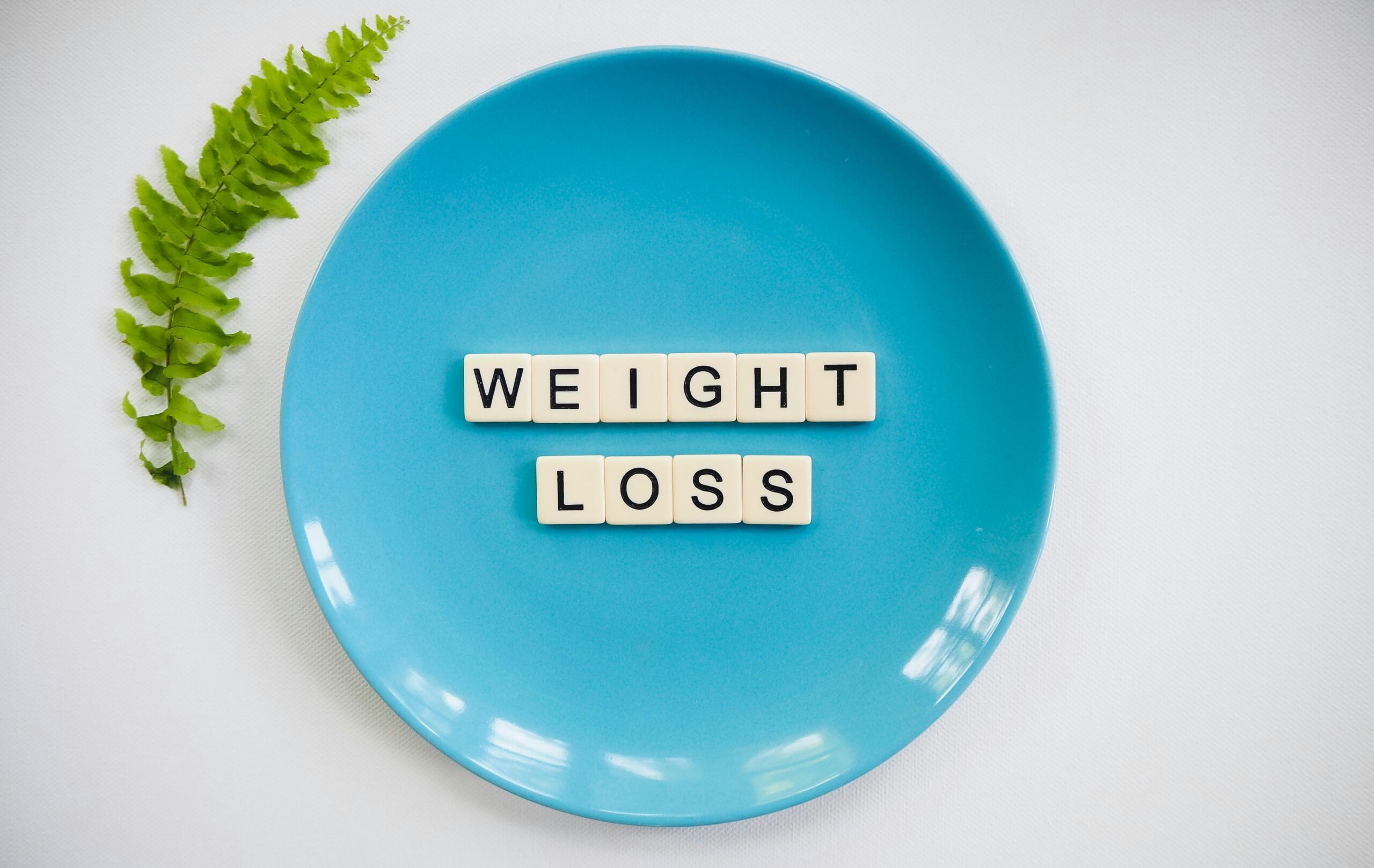Embarking on a weight loss journey can be both exciting and challenging. However, even with the best intentions, many people make common mistakes that can hinder their progress. Understanding these pitfalls is crucial to avoiding them and staying on track toward your weight loss goals. In this article, we’ll explore some of the most common dieting mistakes and how to avoid them.
1. Skipping Meals
One of the most frequent mistakes people make when trying to lose weight is skipping meals, particularly breakfast. The idea is often to reduce calorie intake by eating less, but skipping meals can backfire in several ways:
- Slows Metabolism: Skipping meals can slow down your metabolism, making it harder for your body to burn calories efficiently.
- Increases Cravings: When you skip a meal, your blood sugar levels drop, leading to increased cravings for high-sugar and high-fat foods. This can result in overeating later in the day.
Solution: Instead of skipping meals, focus on eating smaller, balanced meals throughout the day. This helps maintain steady blood sugar levels, keeps your metabolism active, and reduces the likelihood of overeating.
2. Relying on Fad Diets
Fad diets promise quick results, but they are often unsustainable and nutritionally unbalanced. These diets usually involve extreme restrictions, whether it’s cutting out entire food groups, drastically reducing calorie intake, or following unusual eating patterns.
- Temporary Results: Fad diets may lead to rapid weight loss initially, but most people regain the weight once they return to their normal eating habits.
- Nutrient Deficiency: Many fad diets lack essential nutrients, leading to deficiencies that can affect your overall health.
Solution: Opt for a balanced, long-term approach to weight loss that includes a variety of foods from all food groups. A sustainable diet should provide all the nutrients your body needs while allowing for gradual, healthy weight loss.
3. Not Drinking Enough Water
Water plays a crucial role in weight loss, yet many people overlook its importance. Dehydration can slow down your metabolism and may even be mistaken for hunger, leading to unnecessary snacking.
- Reduced Calorie Burning: When you’re dehydrated, your body’s ability to burn calories efficiently decreases.
- Confusing Thirst with Hunger: It’s common to mistake thirst for hunger, leading to overeating.
Solution: Aim to drink at least 8-10 glasses of water per day, and more if you’re active. Drinking a glass of water before meals can also help you feel fuller and prevent overeating.
4. Underestimating Portion Sizes
Portion control is a key aspect of weight loss, but it’s easy to underestimate how much you’re eating. Even healthy foods can contribute to weight gain if consumed in large quantities.
- Hidden Calories: Larger portions mean more calories, which can add up quickly and sabotage your weight loss efforts.
- Distorted Perceptions: Many people have become accustomed to oversized portions, making it difficult to recognize what a reasonable serving size looks like.
Solution: Educate yourself on proper portion sizes and use tools like measuring cups, food scales, or portion control plates to help keep your servings in check. Eating mindfully and paying attention to hunger cues can also help prevent overeating.
5. Neglecting Protein Intake
Protein is essential for weight loss as it helps build and repair muscle tissue, keeps you feeling full longer, and boosts your metabolism. However, some people focus too much on cutting calories and neglect their protein intake.
- Muscle Loss: Without enough protein, your body may break down muscle for energy, which can slow down your metabolism and hinder weight loss.
- Increased Hunger: Protein helps regulate appetite by keeping you full, so not getting enough can lead to increased hunger and overeating.
Solution: Include a source of lean protein in every meal, such as chicken, fish, tofu, beans, or eggs. Aim for a balanced diet that provides adequate protein to support your weight loss goals.
6. Overlooking the Importance of Fiber
Fiber is a crucial component of a healthy diet, especially for weight loss. It aids digestion, helps control blood sugar levels, and promotes a feeling of fullness. However, many people do not consume enough fiber in their diets.
- Poor Digestion: Low fiber intake can lead to digestive issues such as constipation, which can affect weight loss.
- Increased Appetite: Without enough fiber, you may feel hungry more often, leading to overeating.
Solution: Increase your fiber intake by incorporating more fruits, vegetables, whole grains, and legumes into your diet. Aim for at least 25-30 grams of fiber per day to support healthy digestion and weight loss.
7. Relying on “Diet” Foods
Many people turn to foods labeled as “diet,” “low-fat,” or “sugar-free” in the belief that they are healthier and will aid in weight loss. However, these products are often highly processed and may contain added sugars, artificial sweeteners, or unhealthy fats.
- False Sense of Security: Relying on diet foods can lead to overconsumption, as people may eat larger portions thinking they are making a healthier choice.
- Nutrient Poor: These foods may be low in calories but also low in essential nutrients, which can negatively impact your overall health.
Solution: Focus on whole, unprocessed foods like fruits, vegetables, lean proteins, and whole grains. These foods are naturally nutrient-dense and can help you feel full and satisfied without the need for processed diet products.
8. Ignoring Emotional Eating
Emotional eating is a common obstacle in weight loss. Many people turn to food for comfort when they are stressed, bored, or upset, leading to overeating and weight gain.
- Uncontrolled Eating: Emotional eating often involves consuming large amounts of high-calorie, sugary, or fatty foods, which can sabotage weight loss efforts.
- Cycle of Guilt: Emotional eating can lead to feelings of guilt and shame, creating a cycle of overeating and dieting that is hard to break.
Solution: Develop strategies to manage stress and emotions without turning to food. Activities such as exercise, meditation, or journaling can help you cope with emotions in a healthier way. If emotional eating is a significant issue, consider seeking support from a therapist or counselor.
9. Setting Unrealistic Goals
Setting unrealistic weight loss goals can lead to frustration and discouragement, making it harder to stay motivated. Many people expect rapid results and become disheartened when progress is slower than anticipated.
- Burnout: Unrealistic goals can lead to extreme dieting or over-exercising, which is unsustainable and can lead to burnout or injury.
- Lack of Motivation: When goals are too ambitious, the lack of progress can cause a loss of motivation and lead to giving up entirely.
Solution: Set realistic, achievable goals based on your individual needs and lifestyle. Focus on gradual, steady progress rather than quick fixes. Celebrate small victories along the way to stay motivated and committed to your weight loss journey.
10. Neglecting Physical Activity
Diet is a crucial component of weight loss, but physical activity is equally important. Relying solely on diet without incorporating regular exercise can slow your progress and make it harder to achieve your goals.
- Slower Progress: Exercise helps burn calories, build muscle, and boost metabolism, all of which are essential for weight loss.
- Loss of Muscle Mass: Without exercise, weight loss may result in muscle loss, which can lower your metabolism and make it harder to maintain weight loss.
Solution: Incorporate regular physical activity into your routine, aiming for at least 150 minutes of moderate-intensity exercise per week. This can include activities such as walking, jogging, cycling, or strength training. Find activities you enjoy to make exercise a sustainable part of your lifestyle.
Conclusion
Avoiding these common dieting mistakes can significantly improve your chances of success on your weight loss journey. By focusing on balanced nutrition, realistic goals, mindful eating, and regular physical activity, you can create a sustainable plan that supports your long-term health and weight loss goals. Remember that weight loss is a gradual process, and consistency is key. By making informed choices and avoiding these pitfalls, you can achieve lasting results and enjoy a healthier, happier life.




